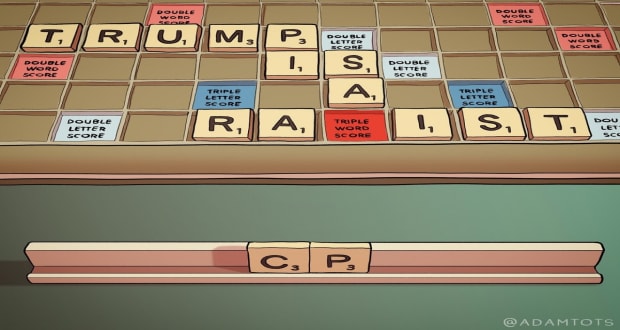The penchant of Victorian courts for throwing suppression orders around like confetti came unstuck overnight with WikiLeaks publishing an injunction by the Victorian Supreme Court. Victorian courts have a history of being willing to issue gag orders.
The revelation is reminiscent of the running battle between sites like WikiLeaks, social media, British MPs and UK courts up until 2011. Superinjunctions developed as a legal manoeuvre exploiting the British Human Right Act 1998, which established a right to privacy binding on government bodies, and were frequently used by celebrities anxious to prevent the feral UK tabloids from revealing private information. However, large companies began using them as well, as a superinjunction prevented even the reporting of the existence of an injunction. WikiLeaks was one of the organisations to out the multinational company Trafigura, which had used a superinjunction to prevent mainstream revelations of its dumping of toxic waste in Africa. London law firm Carter-Ruck became notorious for its use of superinjunctions, but badly overplayed its hand on Trafigura when it tried to use them to ban reporting of parliamentary questions about Trafigura, leading to a social media backlash — via redwolf.newsvine.com















 RSS – Posts
RSS – Posts